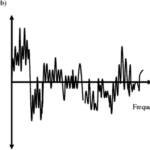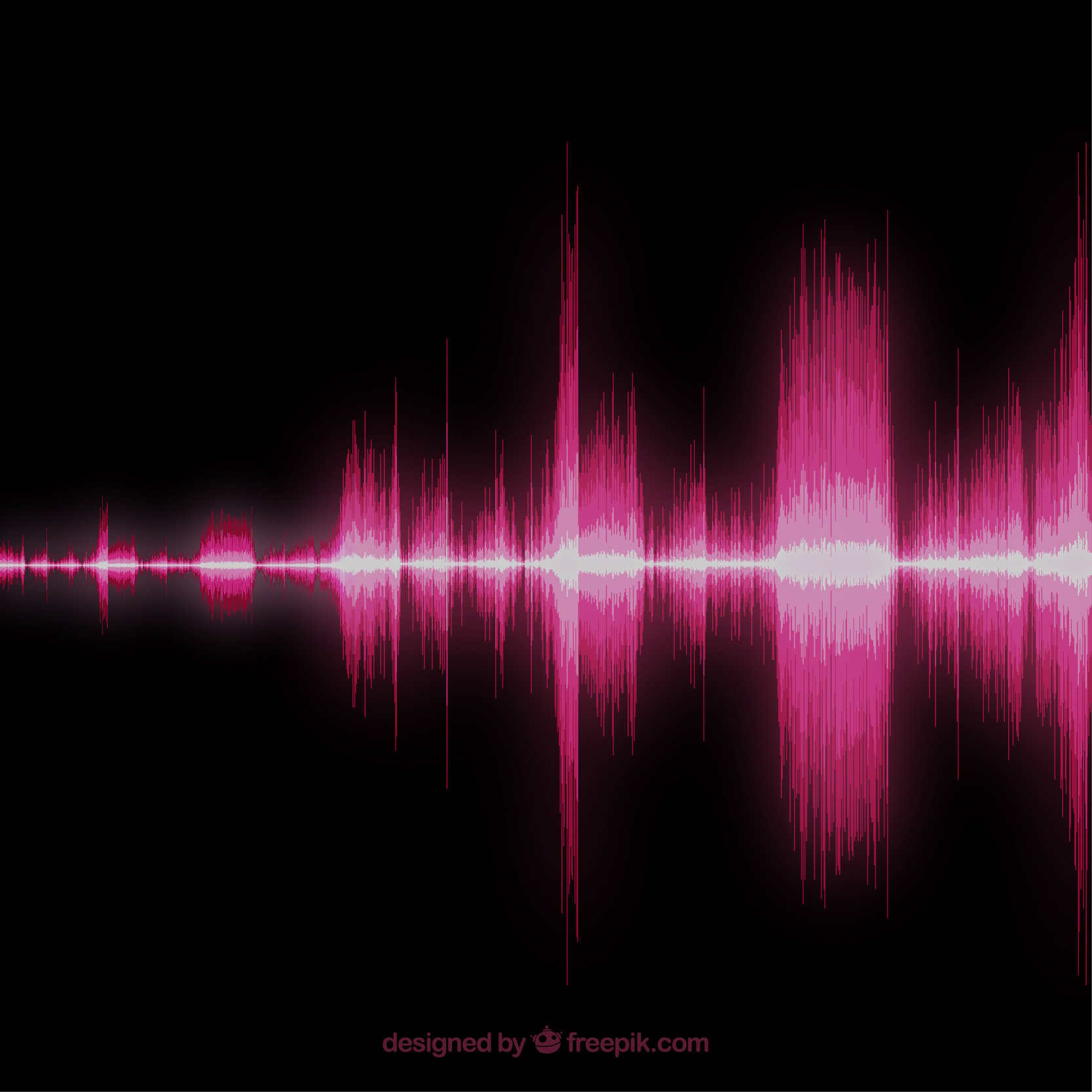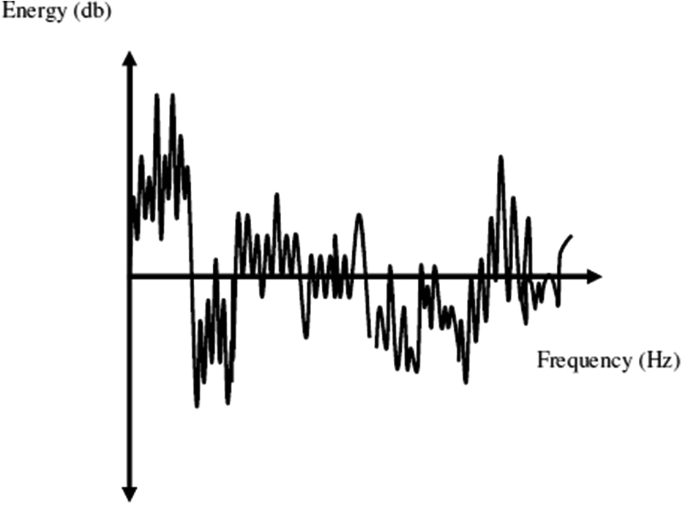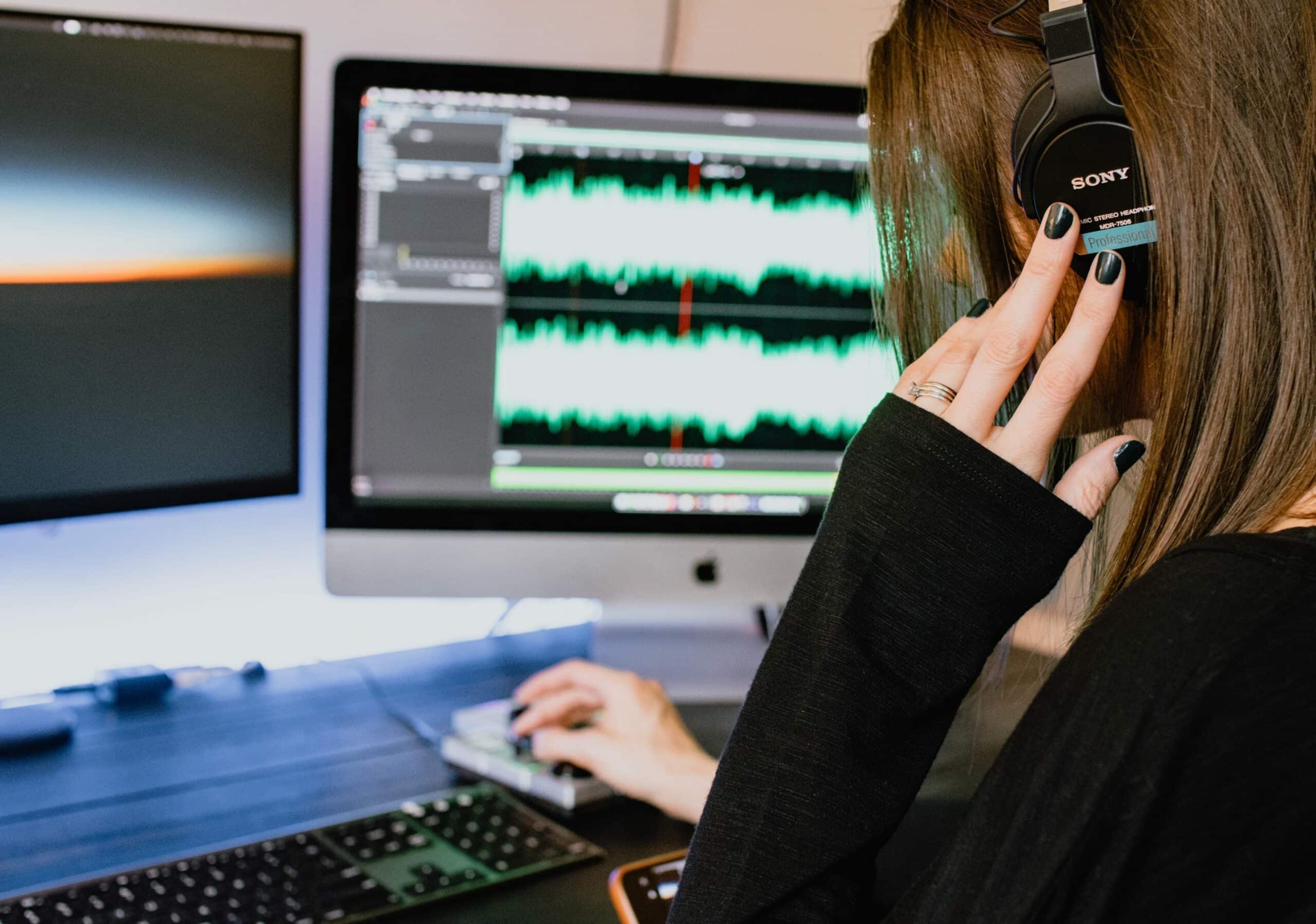When you record voice-overs, it is important to do whatever you can to improve the quality of the recording. There are a number of tips that you can use to make sure that your voice recordings sound great. Take a look at the following tips.
For the Engineer
Position the Mic Correctly
The microphone is a very important tool when you are recording voice. You need to make sure that you have a microphone that makes the voice sound the way you want it to sound first. This is your baseline, and if you don’t like the way the mic sounds, then get a different mic to make sure that you are starting with something you like.
There are mics that are designed specifically for voice-overs, but you can also use a dynamic microphone to get it done. Make sure that you use a low cut filter if you have one, and use the mics in a cardioid pattern. Then, keep the microphone set up between 8 and 12 inches in front of the speaker’s mouth. The voice will be clear and sound present, but there is enough distance that it won’t be muddied.
Try a Pop Filter
Using a pop filter is very helpful when you are recording a voice-over. A pop filter is a section of light cloth or metallic mesh, and it helps eliminate popping sounds from the voice. You can clip them onto the mic stand or the mic itself, and they are light and convenient.
A pop filter interferes with the air that comes from the voice artist’s mouth, which forces the air to disperse. This prevents the air from hitting the microphone. They make a big difference in how the voice-over sounds. Position it four to six inches in front of the mic, which helps the artist have a visual on how far to stay away from the microphone for the best possible recording.
Place the Script on a Music Stand
A music stand can provide another visual that helps the voice-over artist maintain the proper distance from the mic. It also reduces the sound of the papers when they turn because they can slide across the stand. You can position the music stand in a way that allows the voice-over artist to look up at the mic, which gives the vocal cords full range.
Record in a Quiet Room
When you record the voice-over, you want to use a quiet room. It is easier to enhance a recording by adding reverb or roominess than it is to remove room ambience from a recording. You want to work in a professional vocal booth, but if you are in a large room, you can use acoustic filters. Reflexion filters will remove the reflections from a live room. The important thing to remember is that it is easier to add to the voice-over than it is to take away from it.
Take Notes on a Copy of the Script
As you work through a voice recording, it will be hard to remember every detail you consider. The best way to do this is to have a copy of the script and take notes throughout. You may be recording voices for a long audio book, and when you assemble the final version, having detailed notes will make your job a lot easier.
For the Performer

Keep Good Posture
Whether you are standing or sitting, make sure that you maintain good posture. This will help you breathe better and speak in a voice that is both strong and clear.
Stay Hydrated
Keep a glass of water nearby, and make sure that it is either room temperature or hot. This will prevent your mouth from becoming dry and making distracting noises.
Use Your Speaking Voice
There is a big difference between talking and speaking into a mic. Talking involves using your voice, facial expressions, gestures, and body languages, which are all a part of communication. Speaking uses only your voice. You need to make sure that you enunciate every word and that your pace will hold the listeners’ attention.
Make Sure to Warm up Your Voice
Before you start, be sure to warm up your voice. You should read the script so that you are prepared to use volume, projection, and pacing in the best way possible for this voice-over.
Read the Script Before You Record
When you are recording the voice-over, you want to know what to expect. Well written paragraphs can have challenging sections, and you need to be prepared. Make sure that you read the script ahead of time so that you know how to make it clear and pause in the appropriate places. If there is a section that doesn’t work, you will know it, and you can request changes if possible.
Take Notes on the Script
When you read through the script, take notes that will help you make the recording more smoothly. Use a pencil, and make notes on when you can breathe, when you should pause, and when you want to change the pitch of your voice. This will help you make your voice-over sound more natural. If you make a mistake, you should pause and start back a few sentences to go through it again. This helps the engineer when they are editing it later.
Final Words
When recording voice-overs, there are tips that can help you make it better. There are things that the engineer can do, such as making sure that the mic is positioned correctly and using other equipment, including a pop filter and music stand. The performer can also take steps to improve the recording such as being familiar with the script and having water to stay hydrated. By being comfortable with the script and knowing how to read it, the recording will go well and turn out much better. If you want to consult a professional for editing, you can. Following these tips will improve the quality of the voice recording.
















